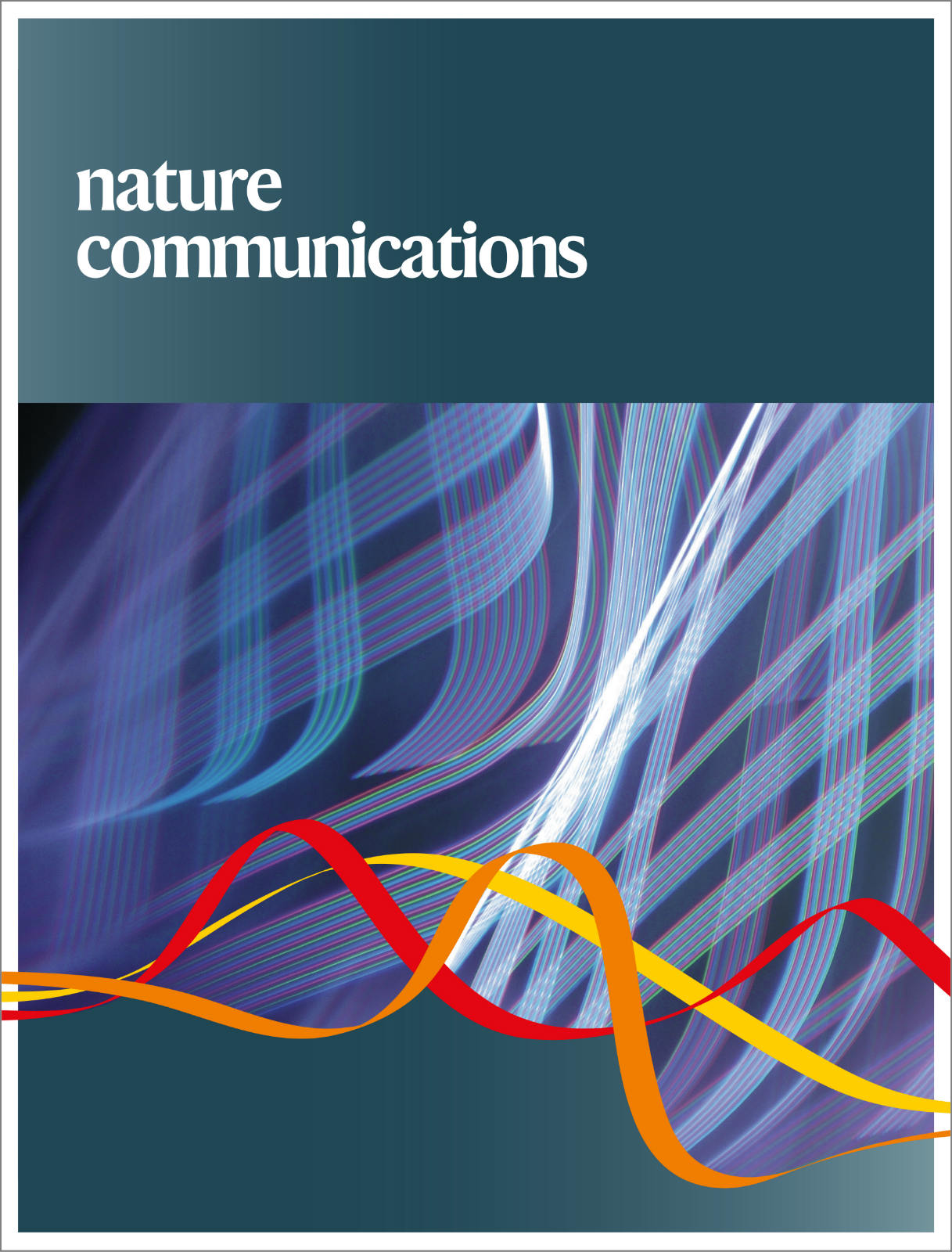通过miR-10a脂质体重编程线粒体代谢和巨噬细胞表观遗传学用于动脉粥样硬化治疗。
IF 15.7
1区 综合性期刊
Q1 MULTIDISCIPLINARY SCIENCES
引用次数: 0
摘要
斑块内巨噬细胞亲/抗炎表型动态稳定性的破坏显著影响慢性血管炎症并加剧动脉粥样硬化。巨噬细胞从促炎表型重编程为抗炎表型减轻动脉粥样硬化进展。然而,慢性炎症刺激诱导动脉粥样硬化巨噬细胞的封闭染色质状态,抑制其表型重编程。该研究表明,恢复线粒体呼吸可增加组蛋白乙酰化(AcH3),增强动脉粥样硬化巨噬细胞的染色质可及性,重新启动巨噬细胞表型重编程。此外,我们发现miR-10a可以促进线粒体呼吸和重组巨噬细胞重编程。为了优化递送,延长循环时间,并针对促炎巨噬细胞,我们开发了红细胞膜修饰的脂质体纳米颗粒(miR-10a@H-MNP)来递送miR-10a。透明质酸与脂质体结合,特异性靶向斑块中的促炎巨噬细胞。静脉注射miR-10a@H-MNP可显著缓解雄性小鼠动脉粥样硬化的进展。因此,本研究开发的表观基因组启动方法有效地触发动脉粥样硬化中的巨噬细胞重编程,为斑块清除提供了一种有前途的基于代谢的表观遗传学调节方法。本文章由计算机程序翻译,如有差异,请以英文原文为准。
Reprogramming mitochondrial metabolism and epigenetics of macrophages via miR-10a liposomes for atherosclerosis therapy.
Disruption in the dynamic stability of macrophage pro/anti-inflammatory phenotypes within plaques significantly impacts chronic vascular inflammation and exacerbates atherosclerosis. Reprogramming macrophages from pro-inflammatory to anti-inflammatory phenotype mitigates atherosclerosis progression. However, chronic inflammatory stimulation induces a closed chromatin state in atherosclerotic macrophages, inhibiting their phenotype reprogramming. This study demonstrates that restoring mitochondrial respiration increases histone acetylation (AcH3) and enhances chromatin accessibility in atherosclerotic macrophages, restarting macrophage phenotype reprogramming. Additionally, we identified that miR-10a can facilitate mitochondrial respiration and reorganize macrophage reprogramming. To optimize delivery, prolong circulation time, and target pro-inflammatory macrophages, we developed red blood cell membrane-modified liposome nanoparticles (miR-10a@H-MNP) to deliver miR-10a. Hyaluronic acid was conjugated to the liposomes to specifically target pro-inflammatory macrophages in plaque. Intravenous administration of miR-10a@H-MNP significantly alleviated atherosclerosis progression in male mice. Thus, the epigenomic priming approach developed here effectively triggers macrophage reprogramming in atherosclerosis, presenting a promising metabolically based epigenetic modulation method for plaque clearance.
求助全文
通过发布文献求助,成功后即可免费获取论文全文。
去求助
来源期刊

Nature Communications
Biological Science Disciplines-
CiteScore
24.90
自引率
2.40%
发文量
6928
审稿时长
3.7 months
期刊介绍:
Nature Communications, an open-access journal, publishes high-quality research spanning all areas of the natural sciences. Papers featured in the journal showcase significant advances relevant to specialists in each respective field. With a 2-year impact factor of 16.6 (2022) and a median time of 8 days from submission to the first editorial decision, Nature Communications is committed to rapid dissemination of research findings. As a multidisciplinary journal, it welcomes contributions from biological, health, physical, chemical, Earth, social, mathematical, applied, and engineering sciences, aiming to highlight important breakthroughs within each domain.
 求助内容:
求助内容: 应助结果提醒方式:
应助结果提醒方式:


